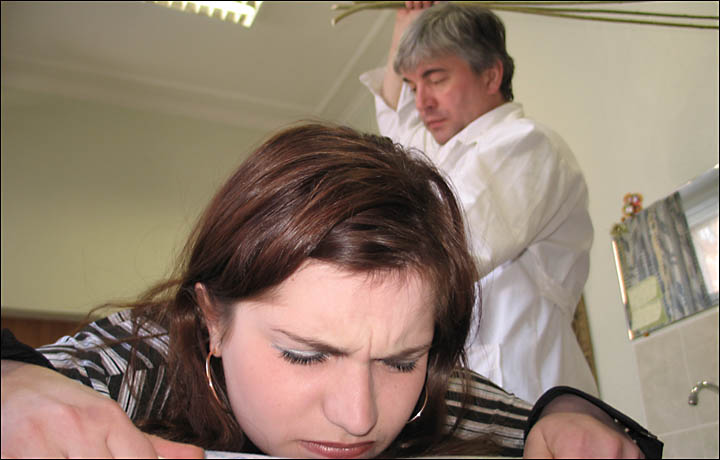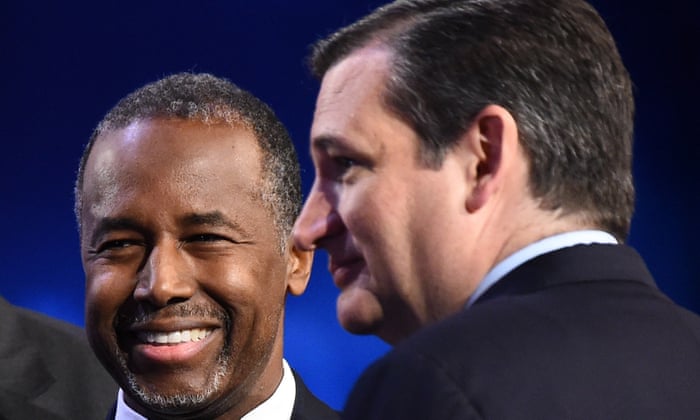
In The Wall Street Journal Arena section yesterday, the lead story was 'Hollywood Gets Possessed' about how demonic possession films are now dominating the modern horror landscape. This is in some ways not a surprise given the success of one of the most horrific films, 'The Exorcist' - some forty years ago.
As the author, Michal Calia, observes:
"The reborn success of demonic possession in popular culture owes something to the zombie, werewolf and vampire surge of the past decade. Horror movies used to play in theaters to passionate but finite audiences, mostly teens, They'd show up on opening weekends then move on to the next offering."
Adding:
"The new wave of possession films could take scary movies even more into the mainstream. Possession is more personal than vampires and zombies - the threat comes from within."
Which is the underlying point of the horror of possession (assuming one believes in it) and which makes films like 'The Exorcist' relevant even today. Imagine you're a teen flooded with hormones and now experiencing strange and powerful urges you never experienced before. Of course, if you were exposed to religiosity and especially the nature of "demons" or "Satan" and biblical examples of demonic possession - one of the things you might fret over is that you were possessed. Another entity was inhabiting your consciousness, sharing it and even dominating at times.
But as the WSJ piece notes, the other reason Hollywood loves this sub-genre is the revived legitimacy in rites like exorcism. Mark Neveldine, the director of "The Vatican Tapes", insists that "Pope Francis is helping drive the new interest in exorcism. The pope is a Jesuit whose members believe in the reality of Satan"
Which is debatable given I knew a number of Jesuits when I attended Loyola University who admonished students to "use critical thinking" when approaching biblical passages with demonic references. While it is true that exorcism has been taught as part of Catholic theology – as my old Loyola notes show (from one conservative Jesuit),e.g.
The WSJ piece also mentions "a 2013 video of Pope Francis praying over a man whose body eventually went slack" and appeared on YouTube (reminding us one must be careful in judging visual media, especially with some of those videos depicting kitties quoting Chaucer - or Obama professing to be a Muslim!)
In the case of the Pope Francis video, the Vatican fortunately put on its 'big boy' robes at the time and issued a statement (ibid):
"The Holy Father has no intention to perform any exorcism. Instead, as he frequently does for the sick and suffering persons who approached him, he simply meant to pray for a suffering person who was presented to him."
A person who likely had epilepsy - experienced a mild seizure - then went slack. No demons were around.
This is not to say, of course, that the Pope doesn't have an interest in demons, Satan and exorcism. But the Pope's belief doesn't make it so. Why the need for Satan, devils, or exorcisms at all? Little known by the demon mongering idiots is that in Yeshua's time, before the dawn of modern psychiatry, ordinary schizophrenia and schizoid personality disorders were commonly believed to be manifestations of "demonic possession". Thus, we had biblical allegories and stories referring to Christ "casting out" Beelezebub from sick people, and even animals. But modern biblical scholars now understand these were metaphors for seeking cures (at that time) for the mental illness that stalked the population even then.
I believe the other reason exorcism is experiencing something of a revival in Catholic circles - recall a new school for exorcists The Pope Leo XIII Institute opened last year "for the “education & training of priests in the holy ministry of exorcism and deliverance” - is that the Church needs to grow its numbers. What better way, given the decreasing numbers especially in Europe, than to try and scare the faithful back into the fold?
I mean, if the Church can even get one of every 18 lapsed Catholics to reconsider the faith, they might at some future time stabilize the loss numbers, given how many Africans appear to be adopting it. (Bear in mind also that Catholic numbers in the U.S. are only holding steady because of Mexican immigrants who are predominantly Catholic and have large families.)
Apart from all this religious basis for embracing demonic possession fare, the WSJ also notes:
"Possession stories can also resonate in a society worried about moral decay in general - a growing inability for individuals to take responsibility for their actions and to be held accountable"
So if the person can blurt "the devil made me do it" he doesn't have to 'fess up to his own inadequacies and nasty nature. He can fob it off on some imaginary being believed to personify evil.
But those of us who wear 'big boy' pants know the source of evil isn't in some mythical demonic entity but in our own brains. We are all, each of us, saddled with a hybrid brain (paleocortex, mesocortex, neocortex) which behavior is bound to be morally mixed, reflecting the fact that we literally have three brains contending for emergence in one cranium. Behavior will therefore range from the most selfless acts (not to mention creative masterpieces) to savagery, carnal lust run amuck and addictions that paralyze purpose.
The mistake of the orthodox religionist is to associate the first mode of behavior with being human and not the latter. In effect, disowning most of the possible behaviors of which humans are capable.- and hence nine tenths of what makes us what we are. Worse, not only disowning these behaviors – but ascribing them to some antagonistic dark or negative force (“Satan”) thereby making them into a religious abstraction.
Grown ups, then, can enjoy demonic possession flicks of one sort or other this Halloween (I plan to watch 'The Exorcist" again) but should put them in perspective: nice entertaining horror fare but ultimately having no more basis in reality than the vampire, zombie, werewolf and Frankenstein flicks of old.














